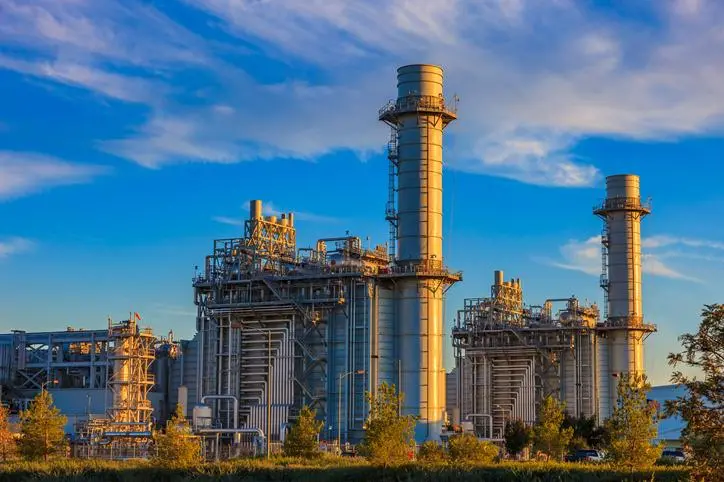PHOTO
The Middle East faces a slower economic recovery in 2024 than previously anticipated, according to a new report by the Institute of Chartered Accountants in England and Wales (ICAEW) compiled by Oxford Economics.
The forecast for GDP growth in the GCC has been revised downward to 2.2 per cent, down from 2.7pc projected three months ago. This revision is attributed to extended oil production cuts by the Opec+ group.
“Geopolitical risks present headwinds for the GCC and wider Middle East,” acknowledged ICAEW Middle East head Hanadi Khalife. “However, we are encouraged by the ongoing commitment to diversification and sustainability targets.”
The report highlights a delayed recovery in the GCC’s energy sector due to Opec+ production cuts continuing through the third quarter of 2024.
This translates to a projected 2.6pc contraction in GCC oil output this year, compared to a previously forecast expansion of 1.3pc. Saudi Arabia, which is implementing the most significant production cuts, is expected to see its oil activity shrink by 5pc in 2024, a reversal from the anticipated growth of 0.7pc. However, the report predicts a positive contribution from the energy sector to GCC growth once production cuts are lifted in 2025.
Despite the slowdown in oil, the report finds encouraging signs in the non-energy sectors across the GCC. High-frequency data suggests strong investment flows into key sectors supporting large-scale projects in Saudi Arabia, including construction, manufacturing, and transportation.
Additionally, the country’s transformation agenda is expected to fuel growth in sports and entertainment, followed by the hospitality sector as tourism remains a strategic priority.
The report notes a robust rebound in tourism activity, with record visitor numbers across the GCC in 2023 extending into this year. This tourism boom is expected to be a key growth driver despite potential deterioration in GCC fiscal positions. Saudi Arabia, Bahrain and Kuwait are likely to face budget deficits in 2024 and 2025 due to oil prices falling below the fiscal breakeven point.
However, the overall GCC budget is projected to remain in surplus, bolstered by strong financial positions and favourable credit ratings, allowing continued access to capital markets and IPOs.
The report emphasises the positive impact of ongoing diversification efforts in the region. Growth in Bahrain’s non-oil economy, measured at 3.4pc last year and accounting for nearly 84pc of GDP, is aligning with its Vision 2030 and COP28 commitments to reduce carbon emissions.
The kingdom’s GDP growth is projected at 3.1pc this year, but is expected to slow to 1.4pc in 2025.
Scott Livermore, ICAEW economic adviser, and chief economist and managing director, Oxford Economics Middle East, said: “Although the region faces escalating pressures amid slowing global economies, the GCC remains relatively positive due to strong bilateral deals and investment.
Bahrain has also seen significant investment growth following the launch of the Golden Licence initiative in April 2023, which requires a minimum investment of $50 million and the creation of at least 500 jobs. The island nation’s financial services sector contributed nearly 18pc of GDP, surpassing oil, which contributed 16pc.”
The report revises the GCC inflation forecast downward to 2.2pc for 2024, with a further slowdown anticipated to 2.1pc in 2025. Excluding housing rents in some countries, inflationary pressures remain subdued with rates below 2pc in most GCC nations.
Given exchange rate pegs to the US dollar, GCC central banks are expected to follow the US Federal Reserve’s policy rate trajectory, which includes potential cuts beginning in September 2024.
Copyright 2022 Al Hilal Publishing and Marketing Group Provided by SyndiGate Media Inc. (Syndigate.info).





















